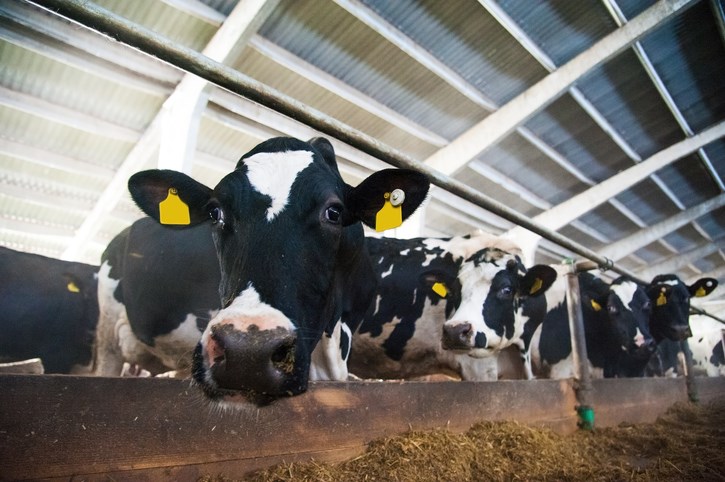The supply-managed dairy industry in Canada is under siege.
Soon after the federal government announced $1.8 billion in subsidies over eight years for the industry to offset loss of some markets under trade agreements, the industry was hit.
Dairy farmers claimed the payments aren’t enough to offset their hardships.
But food specialist Sylvain Charlebois wrote a road map report for the dairy industry calling for a more liberalized model and more competition as well as voluntary exit by some dairy farmers.
The industry needs to do that to attract processors and become globally competitive, according to the University of Dalhousie professor.
Dairy advocates point to the European Union Comprehensive Economics Trade Agreement as a loss on the whole.
The dairy industry gave up four per cent of market share to allow tariff free imports of Canadian beef and pork under the CETA agreement.
Europe has sold 92 per cent of the cheese quota allowed but Canadian pork and beef exports have hardly moved. Canada was to increase pork exports 165 per cent to 80,000 tonnes in six years. Beef exports were to increase 150 per cent to 50,000 tonnes.
Obstacles to increased European imports have been health and quality barriers such as growth hormones not being allowed in Europe.
The Canadian dairy industry was dealt another blow when U.S. trade officials sought consultations under the CUSMA trade agreement. The U.S. alleges Canada has not fulfilled its obligations on tariff rate quota for market access.
The USMCA deal negotiated limited American access to Canada’s dairy market.
Ron Walter can be reached at [email protected]




